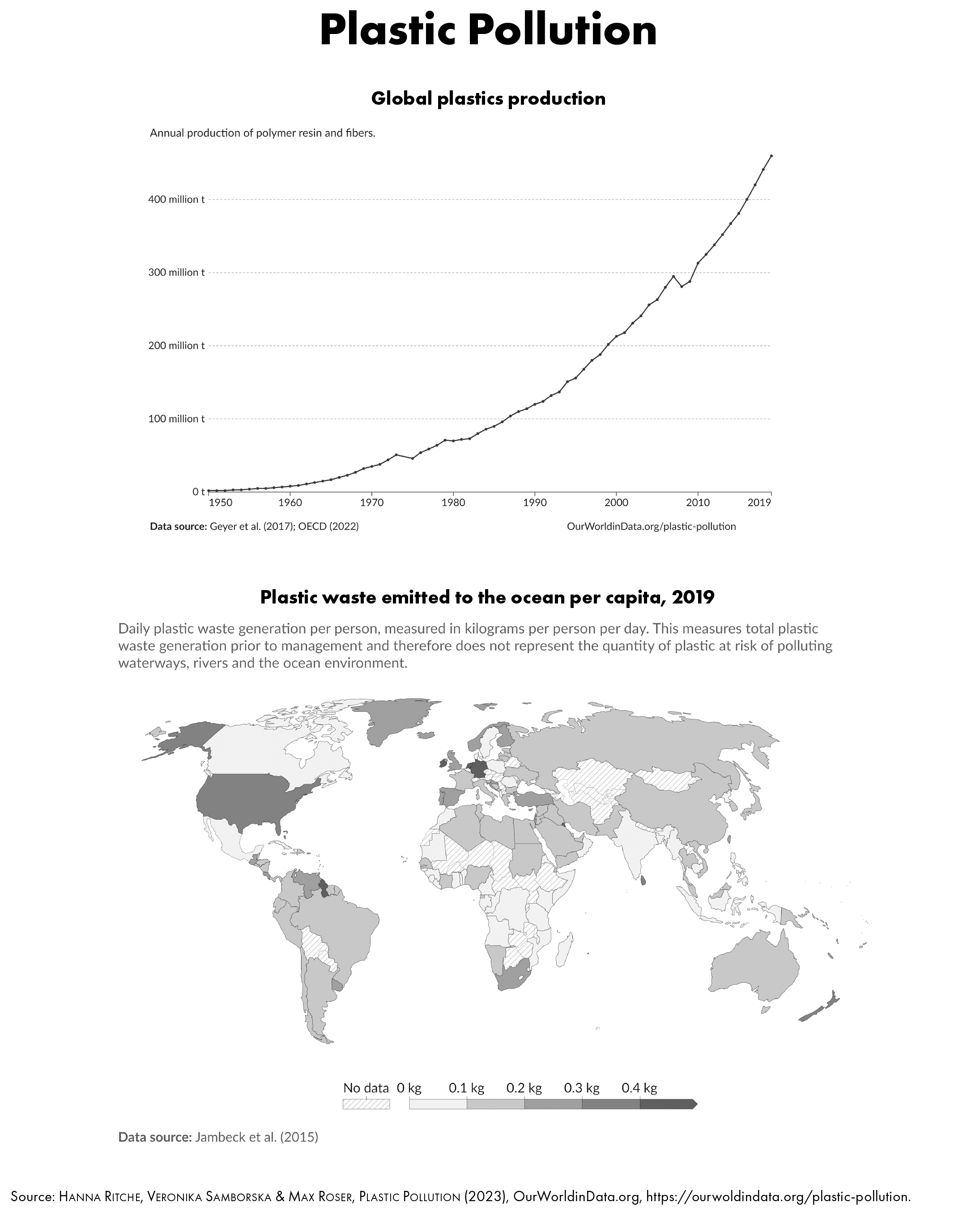Beyond Words
S. 2993, Bill Introduced
would direct the Administrator of the Environmental Protection Agency to change the spill prevention, control, and countermeasure rule with respect to certain farms.
H.R. 3129, Bill Introduced
would direct the Administrator of the Environmental Protection Agency to change the Spill Prevention, Control, and Countermeasure rule with respect to certain farms.
S. 1462, Bill Introduced
would improve the safety of oil shipments by rail.
S. 1430, Bill Introduced
would improve the ability of NOAA, the Coast Guard, and costal states to sustain healthy ocean and coastal ecosystems by maintaining and sustaining their capabilities relating to oil spill preparedness, prevention, response.
H.R. 2379, Bill Introduced
would prohibit the transportation of certain volatile crude oil by rail.
S. 1311, Bill Introduced
would amend the Federal Oil and Gas Royalty Management Act and the Outer Continental Shelf Lands Act to modify certain penalties to deter oil spills.
H.R. 2541, Committee Action
would amend the Federal Water Pollution Control Act to exempt the conduct of silvicultural activities from NPDES permitting requirements.
Preventing Pollution? U.S. Toxic Chemicals and Pesticides Policies and Sustainable Development
This Article considers the extent to which the United States has made progress in the management of chemicals and pesticides in light of the commitments it made in 1992 to promote sustainable development. While pesticides are types of chemicals, they are managed differently and this Article will employ the legal distinctions between the two. The term "chemicals" refers to substances that are manufactured, processed, or used in commerce, other than those marketed as pesticides, pharmaceuticals, or food additives. Thus, the term includes a wide spectrum of substances, including metals and both organic and inorganic chemicals. "Pesticides," on the other hand, means substances that are marketed as having the ability to kill or repel "pests," chemicals such as insecticides, fungicides (kill molds and fungi), herbicides (weed killers), and rodenticides (rat killers). This Article encompasses environmental management efforts to directly regulate chemicals, promote "right-to-know," encourage pollution prevention, and regulate pesticides. In addition, it examines several cross-cutting issues: persistent organic pollutants (POPs) or, as they are sometimes called in the United States, persistent bioaccumulating toxics (PBTs), and biotechnology (genetically modified organisms (GMOs) that manufacture chemicals or are used as chemicals). It does not, however, address efforts to set standards for chemicals as pollutants in the context of the regulation of air and water pollution and in the case of waste disposal.
The basic structure of the domestic laws of the United States with respect to chemicals was established in 1972 for pesticides (Federal Insecticide, Fungicide, and Rodenticide Act (FIFRA)) and in 1976 for industrial chemicals (Toxic Substances Control Act (TSCA)). In the face of widespread concern about the proliferation of chemicals and pesticides in commerce, and the unknown risks, the U.S. Congress had given the U.S. Environmental Protection Agency (EPA) authority over testing of chemicals and pesticides, review of new introductions, and assessment and management of risks of existing chemicals. In 1988, Congress had amended and strengthened FIFRA. In 1986, it enacted the Emergency Planning and Community Right-To-Know Act (EPCRA), thereby establishing the toxic release inventory (TRI) for tracking the releases and transfers of chemicals from industry. In 1990, it adopted the Pollution Prevention Act (PPA). Together, these four statutes form the legal framework for regulation of chemicals and pesticides in the United States.
H.R. 2541, Bill Introduced
would amend the Federal Water Pollution Control Act to exempt the conduct of silvicultural activities from NPDES permitting requirements.
You must be an ELI Member to access the full content.
You are not logged in. To access this content:


